Acid reflux: How can we treat it?
By Nutrition Consultant Jessica Robinson
Acid reflux is also known as heartburn, even though it has nothing to do with the heart. It is caused by acidic gastric juices creeping up from the stomach and entering back into the oesophagus, and despite common belief is actually caused by too little stomach acid. The stomach produces a lot of hydrochloric acid during eating, because without it you cannot digest proteins efficiently and you will not be able to absorb calcium and other minerals from foods. Food cannot be broken down without sufficient acid, and so sits in the stomach causing gas bubbles to build up. As the oesophagus is not supposed to have this gas pushing up and forcing acidic material from your stomach back up into it, you get the burning sensation of the acid and thus it is called acid reflux!

What causes low stomach acid?
- Stress – Whether it be emotional stress from a job or relationship, or constantly being in a “fight or flight” response, stress greatly inhibits the production of stomach acid. Ways to alleviate stress include taking up yoga, practicing meditation or doing breathing exercises.
- Diet – Consuming a diet that is high in sugar, refined carbohydrates, processed foods and fried foods, feeds unhealthy bacteria in the stomach and will make your stomach inflamed and overly sensitive to hydrochloric acid. These foods can suppress stomach acid and slow the digestive process.
- Excess weight – If you are overweight and/or have a fatty liver, this puts extra pressure on your stomach and reflux becomes worse.
- Eating too quickly – In today’s fast-paced society, many people do not take the time to chew and digest their food properly. This is one of the most common causes of acid reflux/heartburn and is also one of the easiest changes to make.
- Overeating – Can be very taxing on the digestive system as large meals increase pressure inside the stomach.
- Older age – As we get older our acid production is affected.
- Excessive coffee and alcohol – These beverages can cause distress inside the body and worsen acid reflux symptoms.
- Certain prescription medications – This includes repeat antibiotics or those used to treat high blood pressure, asthma, arthritis, heart problems and osteoporosis.
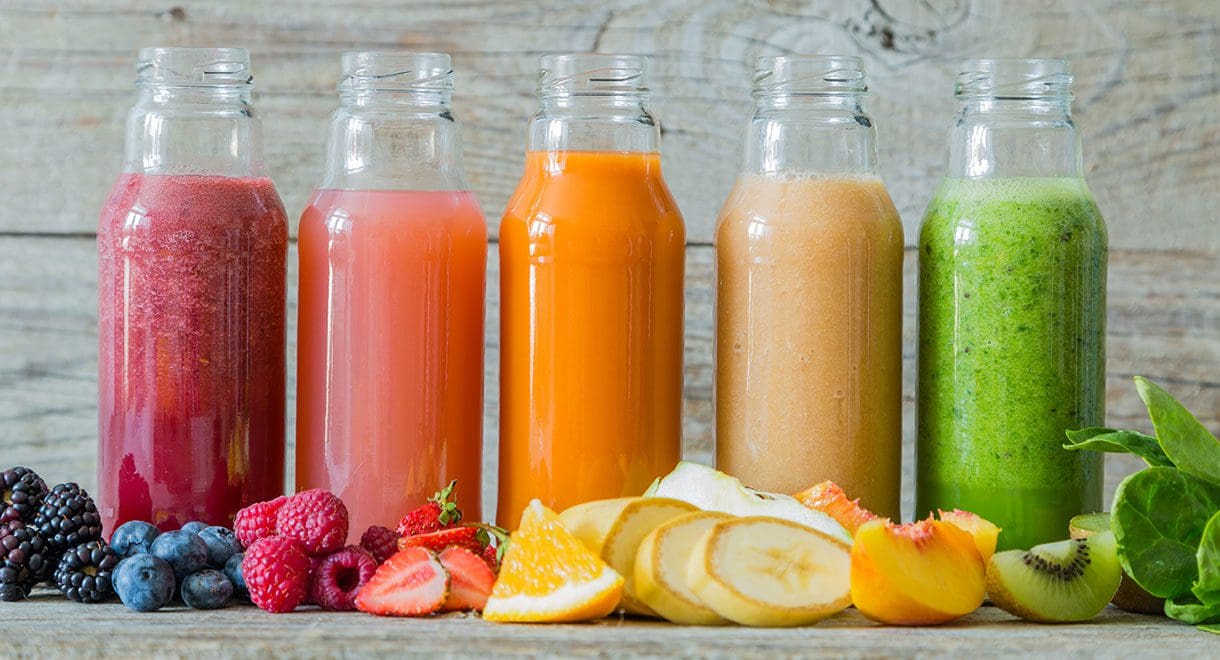
Natural Treatment Tips
- Avoid drinking with meals – Drink at least 20 minutes away from meals as drinking with meals can dilute digestive enzymes and worsen digestion.
- Have some apple cider vinegar – The exception to the no drinking with meals is organic apple cider vinegar. Apple cider vinegar helps to balance stomach acid and lessen the symptoms of acid reflux. Dilute one to two tablespoons of apple cider vinegar in water and sip slowly during your meals.
- Maintain a healthy weight – If you are overweight it is vital to lose weight, and the best way to do this is by consuming a diet low in sugar and carbohydrates, and high in vegetables and fruits, protein and good fats. A diet low in sugar and processed foods and high in vegetables will reduce symptoms of heartburn and reflux.
- Try raw juicing – Raw juices or green smoothies can help to alkalinise the stomach in between meals. Alkaline juices or smoothies contain plenty of green produce such as green apples, celery, cucumber, mint, parsley and fennel; these foods alkalinise your gut and therefore reduce stomach acidity. There are some excellent recipes in Dr Cabot’s book: ‘Raw Juices Can Save Your Life’.
- Try to avoid eating three hours before bed – We recommend drinking alkaline beverages during this time such as herbal teas, Aloe Vera juice or celery, mint, cucumber and carrot juice.

Natural Supplements
- Magnesium – Can help to strengthen the muscular valve, and is found in foods such as green leafy vegetables, nuts, seeds and avocados.
- Slippery elm and/or Aloe vera juice – Mixed in vegetable juice or coconut, rice or almond milk, can reduce acidity; take in between meals.
- Glutamine – Is an amino acid that can reduce inflammation in the lining of the stomach and good results can be achieved by taking one teaspoon of pure glutamine powder twice daily in coconut, dairy or almond milk.
- Herbal teas – Chamomile, marshmallow, alfalfa, meadowsweet, golden seal and liquorice root are very soothing to the intestinal lining.
- Digestive enzymes – Taking one or two capsules of a good quality digestive enzyme at the start of meals will help with digestion and absorption of nutrients.
- Probiotics – Adding healthy bacteria can help to balance out the digestive tract and stop the proliferation of bad bacteria that can lead to indigestion, leaky gut and poor nutrient absorption. Probiotic foods include kimchi, sauerkraut, miso and kombucha.
For more natural remedies on treating acid reflux or GORD (Gastro-Oesophageal Reflux Disease), check out Dr Cabot’s book ‘Healthy Bowel, Healthy Body’.


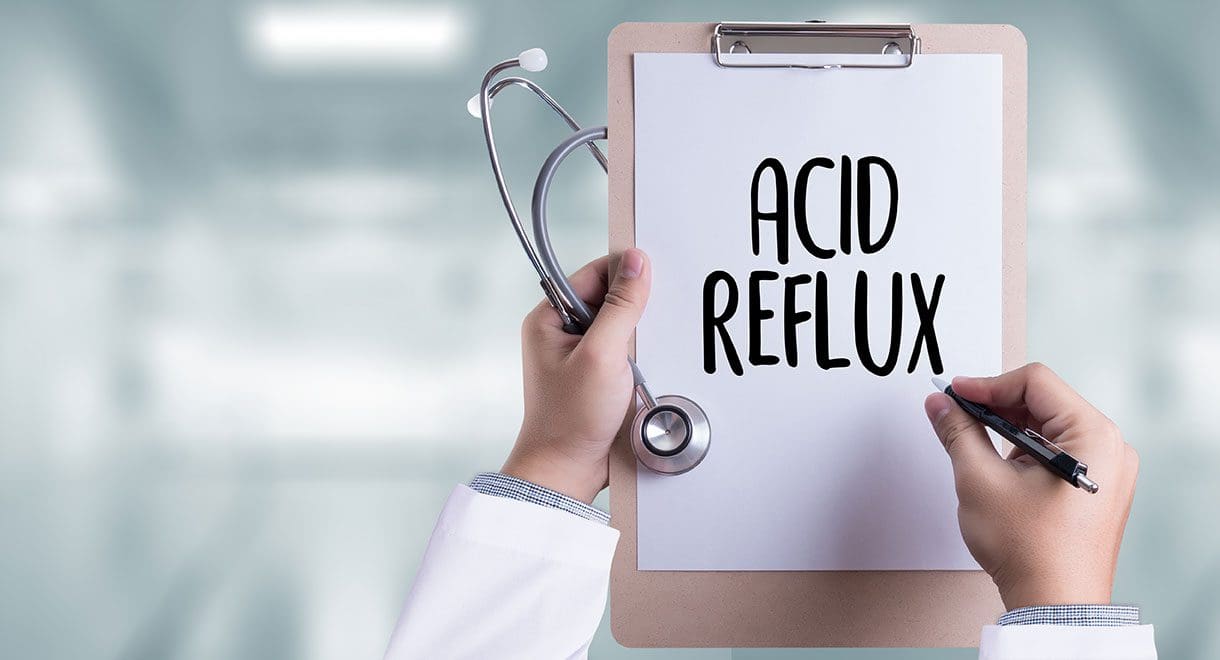



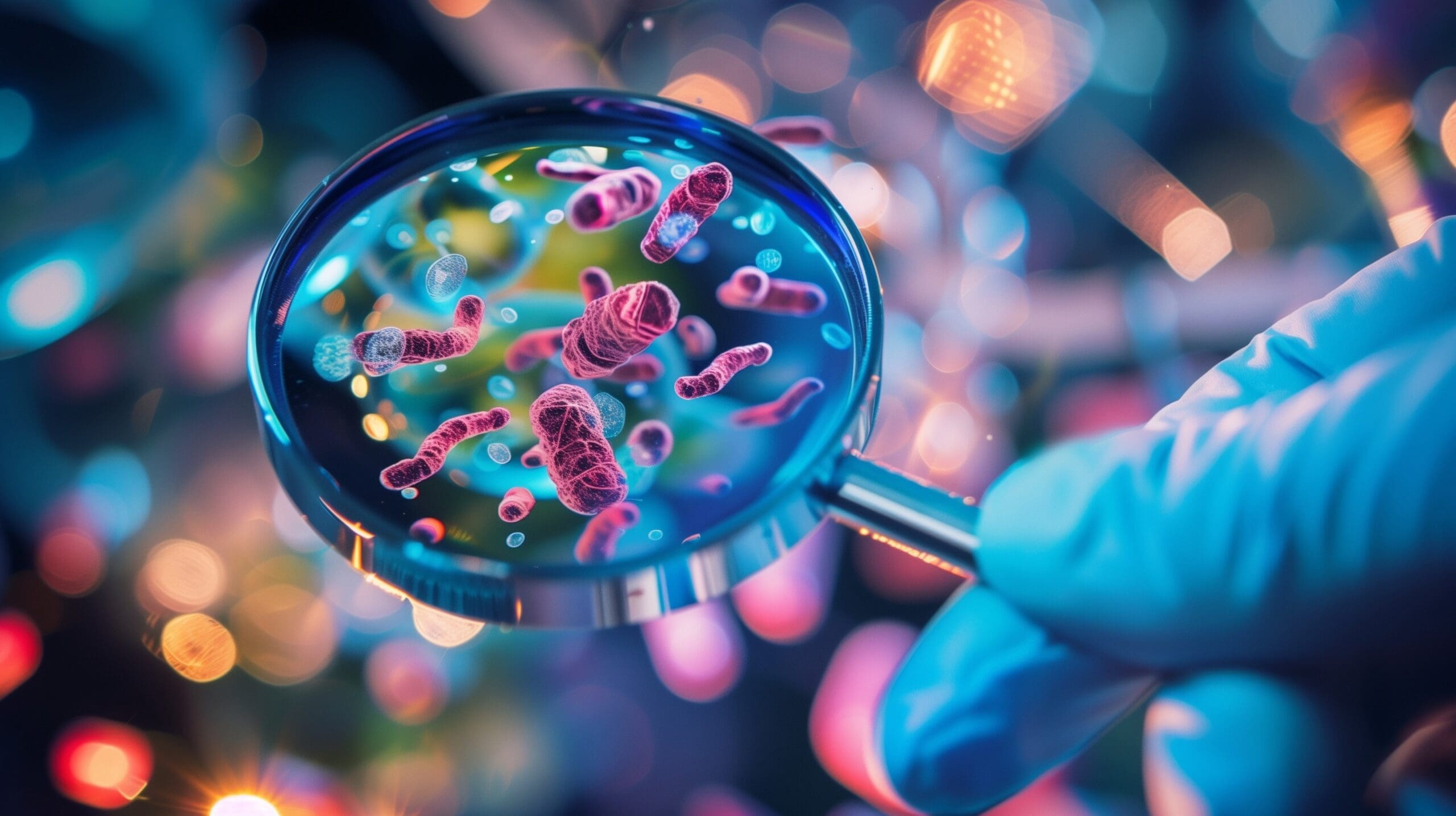
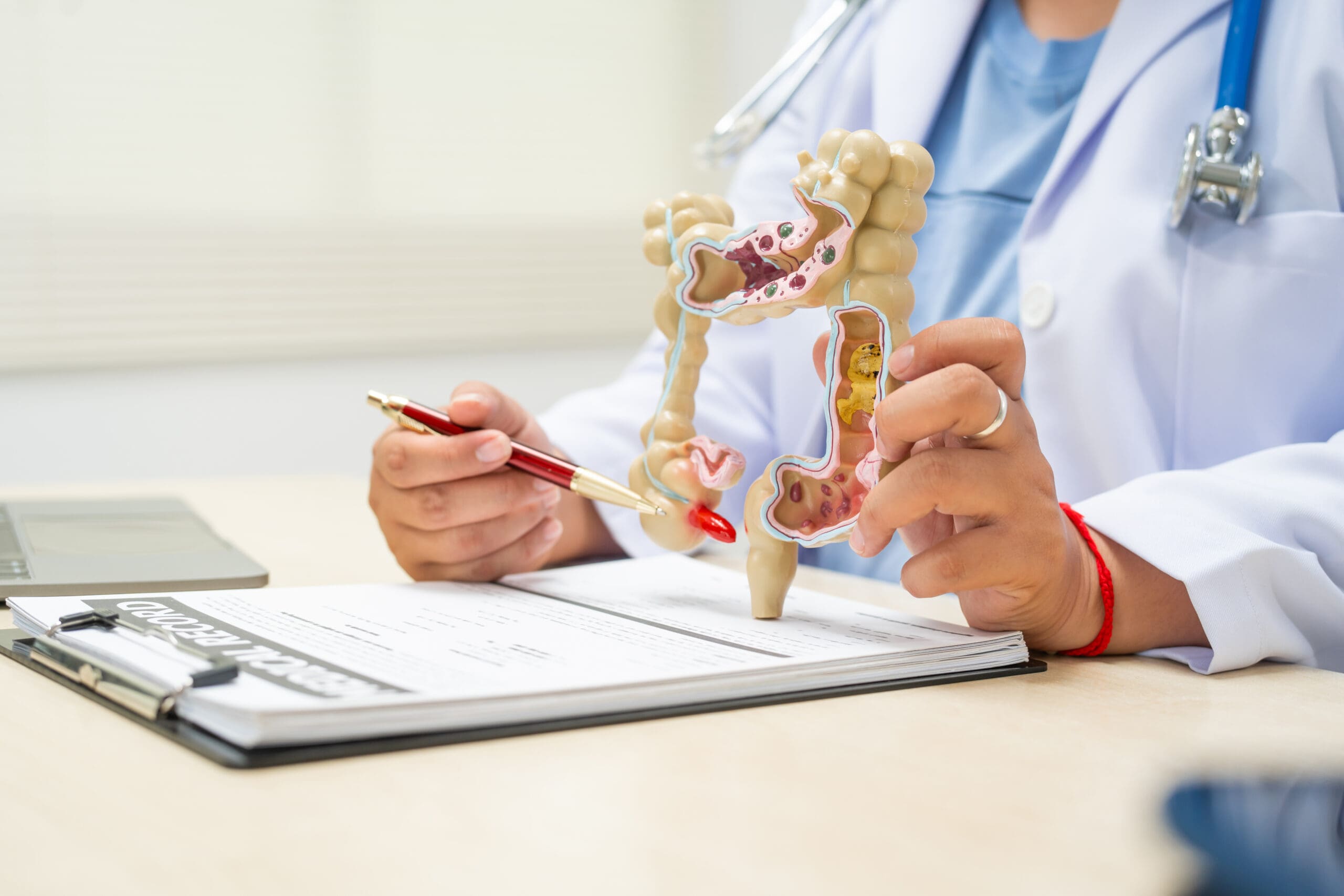
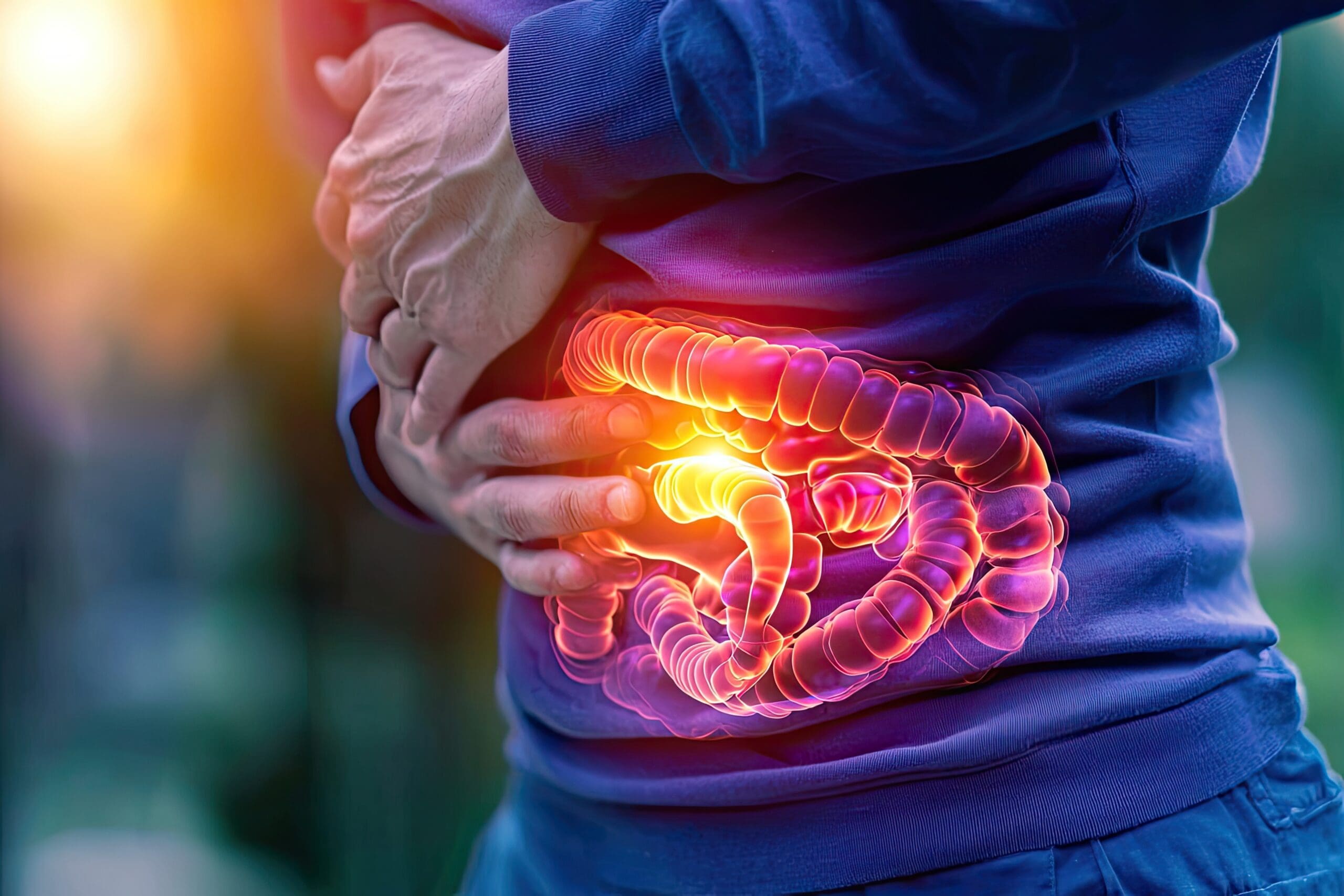
Hi dr cabot. I’ve read that melatonin is good in treating reflux ( gords) .would you agree with this?
Hi Keith,
In treating the above, we would not recommend melatonin.
You may find this article helpful: https://www.liverdoctor.com/natural-solutions-gerd-gastro-esophageal-reflux-disease/
Kind regards,
Jessah Shaw
Nutritionist